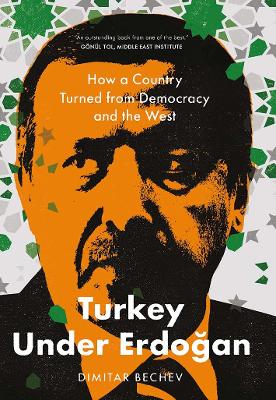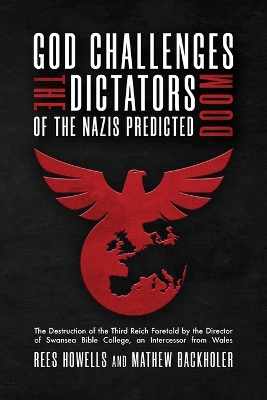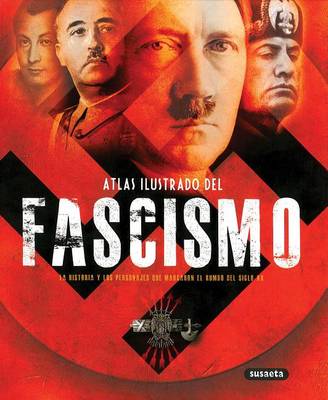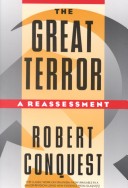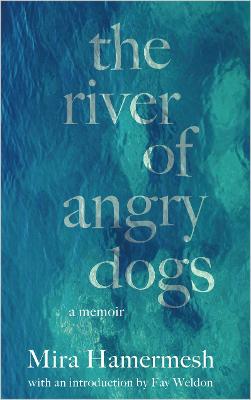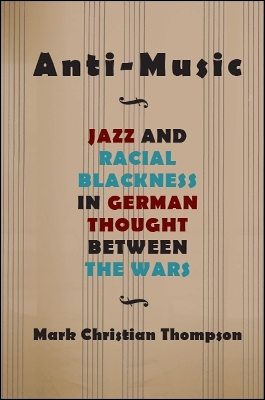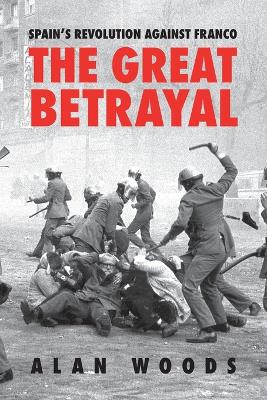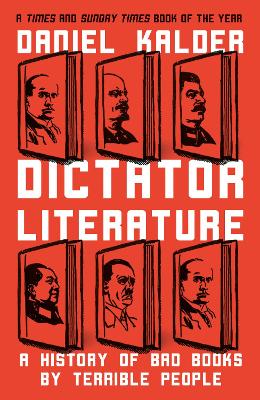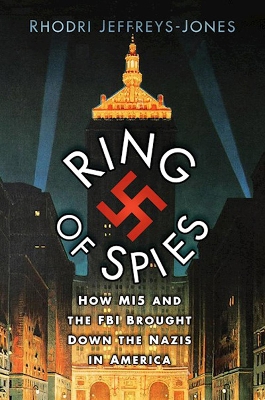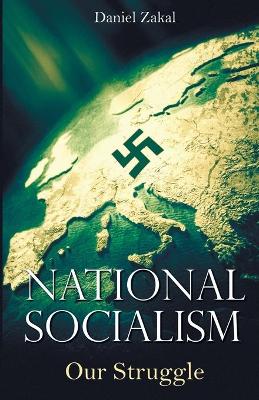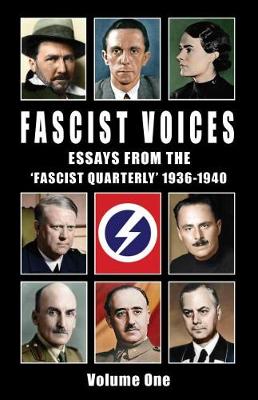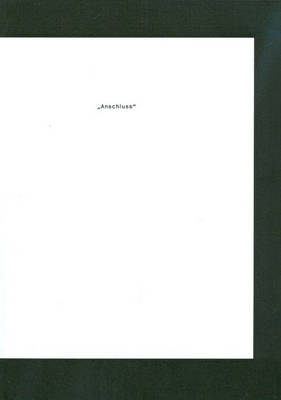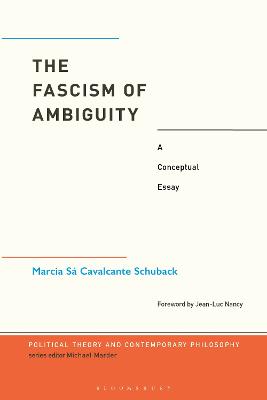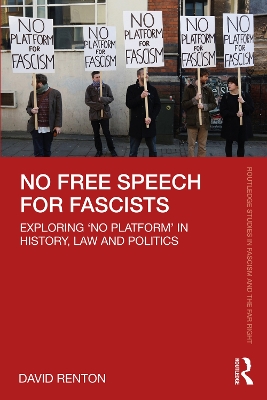Stolen Babies of Spain
by Greg Rabidoux, Mara Lencina, and Enrique Vila Torres
An incisive account of Erdogan's Turkey - showing how its troubling transformation may be short-lived Since coming to power in 2002 Recep Tayyip Erdogan has overseen a radical transformation of Turkey. Once a pillar of the Western alliance, the country has embarked on a militaristic foreign policy, intervening in regional flashpoints from Nagorno-Karabakh to Libya. And its democracy, sustained by the aspiration to join the European Union, has given way to one-man rule. Dimitar Bechev traces...
God Challenges the Dictators, Doom of the Nazis Predicted
by Rees Howells and Mathew Backholer
Since the end of the last dictatorship in 1983, Argentina's visual artists and art-activists have been central to campaigns to demand the criminal prosecution of those initially granted amnesty and to a variety of commemorative projects. In The Art of Post-Dictatorship: Ethics and Aesthetics in Transitional Argentina Vikki Bell examines this involvement and intervention. She argues that the problematics that arise within the aesthetic realm cannot be understood solely through an art-historical a...
This dispassionate but shocking indictment of the implementation of Allied policy toward war criminals dispels once and for all the myth that important Nazi criminals were removed from power.
This new edition of "The Great Terror" contains 30% more new material, mostly from the Soviet Union. Hence, the author has been able to reassess the 10 years of political murder, genocide and oppression under Stalin's rule, and ascertain the long term effects of Stalinism. Robert Conquest also wrote "The Harvest of Sorrow", "Collected Poems", "Stalin and the Kirov Murder" and "Tyrants and typewriters".
Mira Hamermesh is an award-winning film maker, painter and writer. This moving memoir gives a vivid account of her remarkable life. As a young Jewish teenager Hamermesh escaped the horrors of German-occupied Poland and was spared the experience of the ghetto and the concentration camp that claimed most of her family. Mira shows how her status as a refugee has continued to influence her throughout her life. The journey led her across Europe and eventually to Palestine in 1941; her account of t...
From Nazism to Communism (Harvard Historical Studies, #170)
by Charles B. Lansing
Tracing teachers' experiences in the Third Reich and East Germany, Charles Lansing analyzes developments in education of crucial importance to both dictatorships. Lansing uses the town of Brandenburg an der Havel as a case study to examine ideological reeducation projects requiring the full mobilization of the schools and the active participation of a transformed teaching staff. Although lesson plans were easily changed, skilled teachers were neither quickly made nor easily substituted. The men...
In February 1942, barely two months after he had declared war on the United States, Adolf Hitler praised America's great industrial achievements and admitted that Germany would need some time to catch up. The Americans, he said, had shown the way in developing the most efficient methods of production-especially in iron and coal, which formed the basis of modern industrial civilization. He also touted America's superiority in the field of transportation, particularly the automobile. He loved auto...
Anti-Music (SUNY series, Philosophy and Race)
by Mark Christian Thompson
A Book of the Year for The Times and the Sunday Times ‘The writer is the engineer of the human soul,’ claimed Stalin. Although one wonders how many found nourishment in Turkmenbashi’s Book of the Soul (once required reading for driving tests in Turkmenistan), not to mention Stalin’s own poetry. Certainly, to be considered great, a dictator must write, and write a lot. Mao had his Little Red Book, Mussolini and Saddam Hussein their romance novels, Kim Jong-il his treatise on the art of film, Hit...
In this book Henry A. Giroux passionately argues that education and critical pedagogy are needed now more than ever to combat injustices in our society caused by fake news, toxic masculinity, racism, consumerism and white nationalism. At the heart of the book is the idea that pedagogy has the power to create narratives of desire, values, identity, and agency at time when these narratives are being manipulated to promote right wing populism and emerging global fascist politics. The book expands o...
In 1935–37 America passed several Neutrality Acts, vowing never again to take sides in a European conflict. In 1938 public attitudes changed, with the American people beginning to favour Britain and turn against Germany – but what caused this shift of opinion? One reason was the tip-off received by the FBI on the eve of the Second World War, which led to the exposure of a Nazi spy ring operating right there in America. The FBI was able to bring the group to justice and launch a campaign to warn...
Fascist Voices (Volume, #1)
by Oswald Mosley, Ezra Pound, and Joseph Goebbels
In "Blitzkrieg", Len Deighton turns a searchlight on the rise of Hitler, the lightning dash of his armies to the Channel coast in 1940 and on the debacle of Dunkirk, where - in a mistake that was to trigger his eventual downfall - a quarter of a million British troops were allowed to escape.
The Fascism of Ambiguity (Political Theory and Contemporary Philosophy)
by Dr. Marcia Cavalcante Schuback
This book contributes to the work of elucidating the new forms of fascism and authoritarianism that arise today in intimate relation with new mediatic and information technologies. It presents elements of the connection between capitalism and fascism and makes clear how fascism today uses the ambiguity of senses and meanings as its most efficient way of infiltrating our reality and thereby becoming unequivocal. The fascism of ambiguity is a fascism that grows the more the ambiguities and para...
No Free Speech for Fascists (Routledge Studies in Fascism and the Far Right)
by David Renton
No Free Speech for Fascists explores the choice of anti-fascist protesters to demand that the opportunities for fascists to speak in public places are rescinded, as a question of history, law, and politics. It explains how the demand to no platform fascists emerged in 1970s Britain, as a limited exception to a left-wing tradition of support for free speech. The book shows how no platform was intended to be applied narrowly, only to a right-wing politics that threatened everyone else. It contras...

